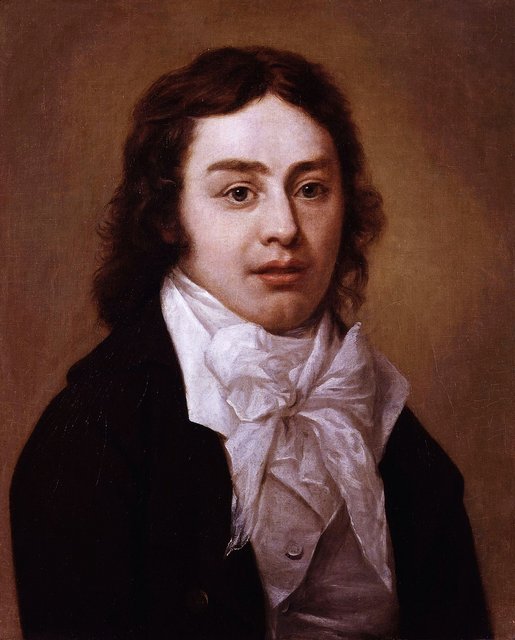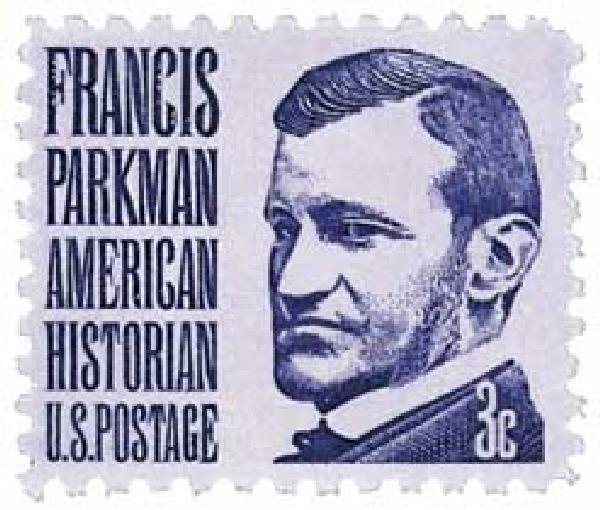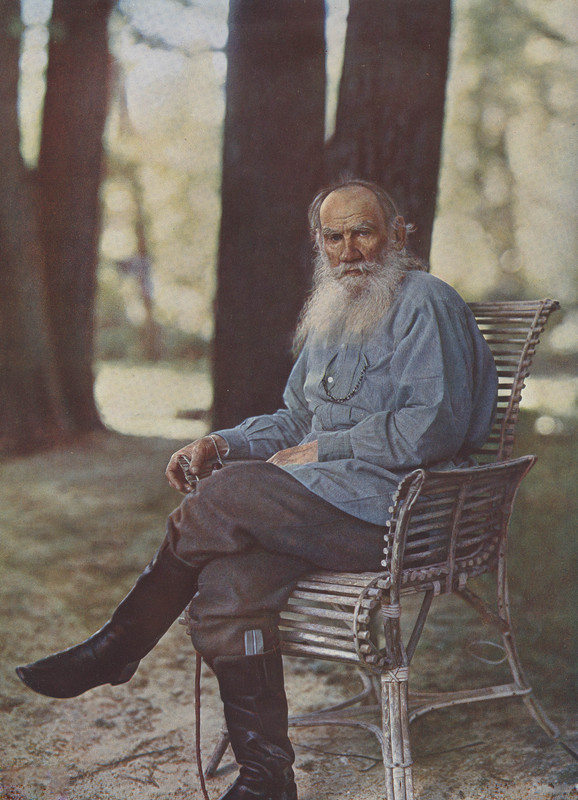In 1927 Evelyn Waugh became engaged to Evelyn Gardner. The couple were known to their friends as “He-Evelyn” and “She-Evelyn”.
10) Mr. Coleridge was so critical of the bad literary taste of his contemporaries that he thought that would mean a continued desecration of literature.
At a dinner at the White House with President Grover Cleveland and other dignitaries, Mr. Riley read a poem and spoke about the need for international copyright protections.
While working as an assistant editor for Mademoiselle magazine, Mr. Capote recommended his editor to published a story called Homecoming by a teenager named Ray Bradbury, thus giving the famous author his first break.
A series of poems about his boyhood experiences in western Illinois. Published under the name Webster Ford, the poems were the beginning of Spoon River Anthology (1915), the book that would make his reputation.
Later in life, Mr. Parkman would summarize his books as “The history of the American forest”
Tolstoy knew at least six languages, evolved the Russian education system, made his own clothes, inspired the idea of non-violent resistance, and raised 13 children believed that his main character flaw was being lazy
Advise and Consent spent 102 weeks on The New York Times Best Seller list and won the Pulitzer Prize for Fiction in 1960.
The Charlie Chan movies were so popular in Shanghai, that Chinese movie companies started making their own adaptations.
The author is also credited with inventing adventure stories for children.


